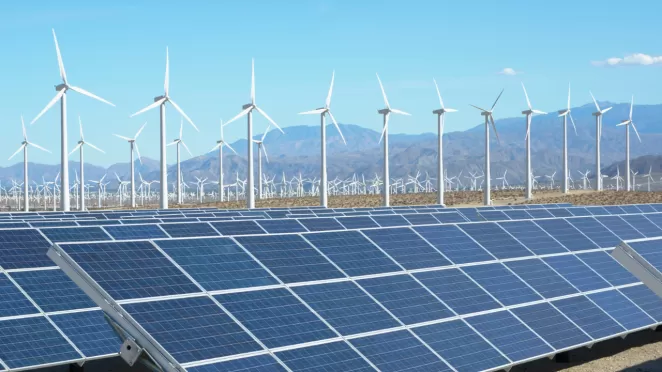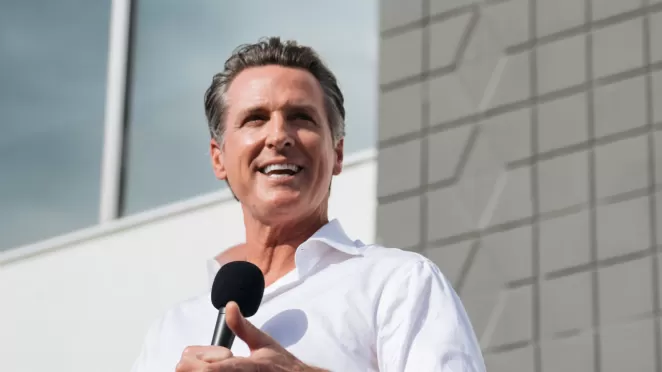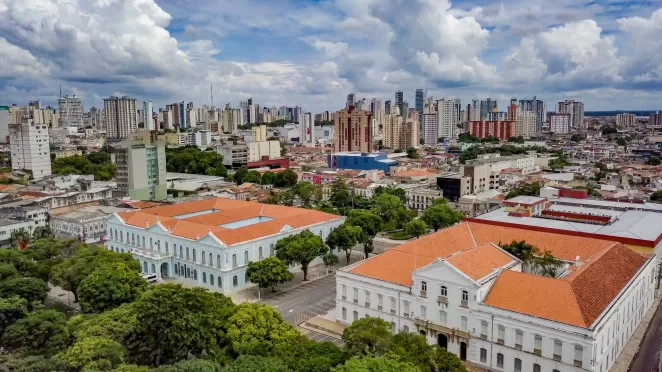Colorado Leaders Call for Nation-Leading Landfill Methane Rules to Advance Climate Goals, Protect Public Health

DENVER, CO — More than 40 local elected officials across Colorado are calling on the Colorado Department of Public Health and Environment (CDPHE) to lead the nation with strong landfill methane rules, urging swift action to curb emissions that are accelerating climate change, worsening air pollution, and endangering communities.
“Methane pollution is fueling Colorado’s air quality crisis, and landfills are a major source,” said State Senator Cathy Kipp from Fort Collins. “Stronger rules will mean cleaner air, healthier communities, and real progress on climate action.”
Landfills are the third-largest source of methane pollution in Colorado, releasing a potent greenhouse gas that is 80 times more effective at trapping heat than carbon dioxide in the near term. In addition to driving climate change, landfill emissions contribute to poor air quality, ozone pollution, and health risks (like breathing problems, neurological damage, etc.), particularly in low-income communities and communities of color. As many as thirty landfills in Colorado are located within one mile of a disadvantaged community.
In a letter to the Colorado Department of Public Health and Environment (CDPHE), officials from across the state urge the agency to:
- Strengthen requirements for installation and operation of landfill gas collection and control systems,
- Require advanced monitoring to quickly detect and fix emissions, and
- Include robust and effective landfill cover requirements to limit methane emissions from the landfill surface.
“Landfills across Colorado, including in Eagle County, are leading sources of methane pollution – a powerful greenhouse gas and significant contributor to the climate crisis,” said Eagle County Commissioner Matt Scherr. “When it comes to reducing these emissions, we should take advantage of every tool in the toolbox. As a local elected official, I support a robust rule that embraces advanced technologies to cut pollution, protect public health, and help the methane mitigation industry thrive.”
CDPHE is scheduled to propose new regulations this year, and local leaders say the state has the chance to shape landfill regulations that don’t just meet the status quo but set a precedent for the rest of the country. With advancements in methane monitoring and capture technology, stronger standards are both feasible and cost-effective. The letter also encourages CDPHE to advance programs and policies that divert organic waste from landfills, which can avoid methane generation in the first place.
Local officials say decisive action now will not only cut pollution but also drive innovation and investment in cleaner, home-grown waste management solutions, ensuring long-term economic and environmental benefits.

Latest
More articles >


